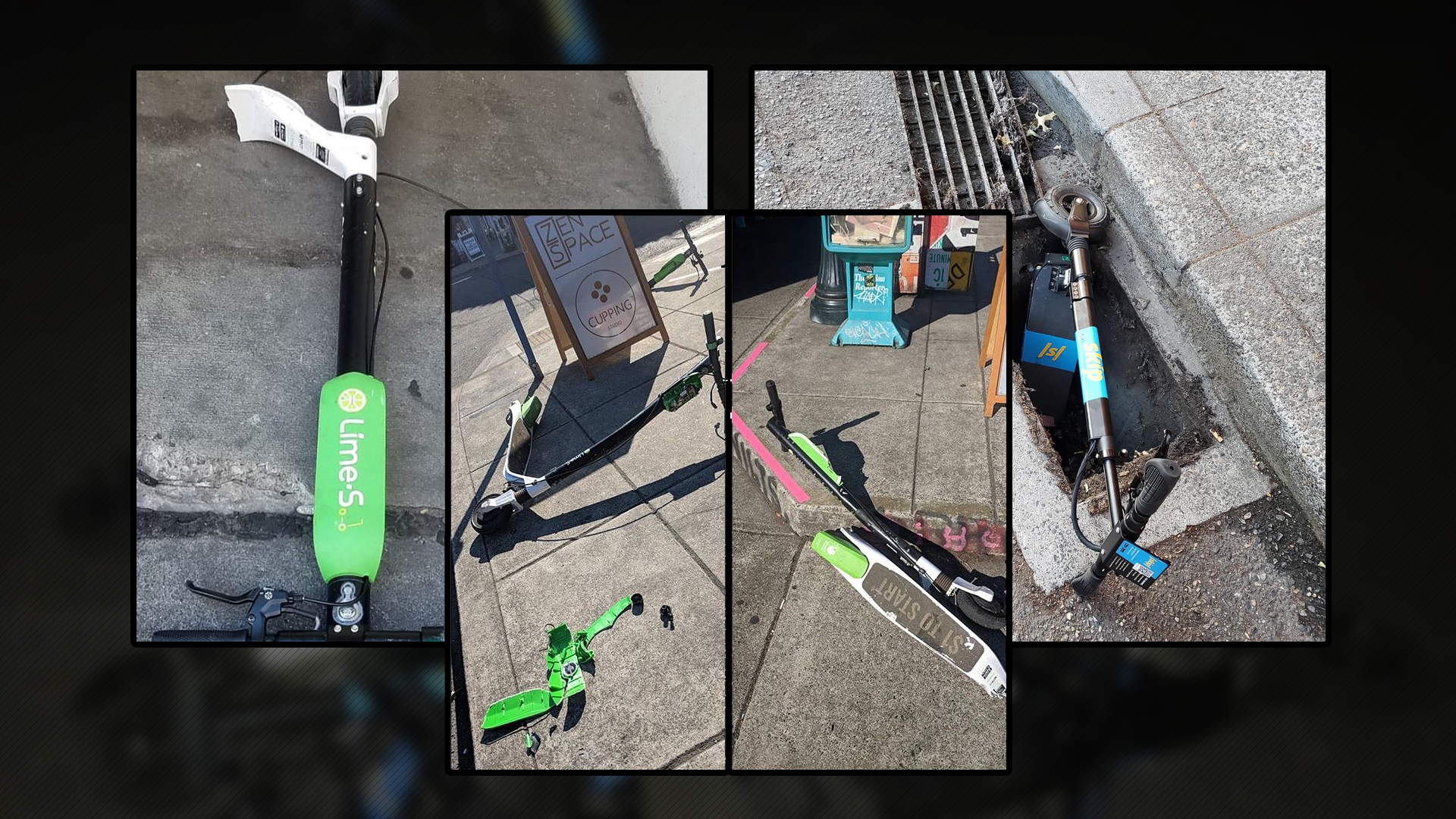

If you haven’t been keeping up with the hip new fads lately, there are two new things to be on the lookout for. First, are e-scooters distributed around urban areas to enhance the ease of mobility without automobile congestion. Second, are the people who are taking those same electric scooters and throwing them off of bridges. Pranksters have begun to seek out these e-scooters simply to damage them for the ‘Gram, calling it “bird dropping.”
Now, I know what you’re thinking, “why the hell would they name it after bird poop?” Actually, the name comes from the company who popularized the distributing of the scooters, e-mobility startup Bird. The California-based company was founded in 2017 and operates in around 30 cities across the United States where it allows its customer base to rent out its fleet of scooters for personal use. Though they aren’t the only company providing the service, they happened to be the one with the most catchy name.
The electric scooters are inexpensive to rent and ride for short distances. After locating an e-scooter on the map, customers “unlock” whichever one they come across for $1 by simply scanning a QR code from the Bird app. On top of the $1, riders will pay $0.15 per minute until they drop the scooter off. And by dropping them off, I mean literally parking them somewhere safely at their destination once they’ve finished riding. Though most residents of the city have found these scooters to be helpful, others are tired of the two-wheeled pavement carvers ending up tipped-over or completely blocking the sidewalk.
There is a certain etiquette to be followed, of course. The electric scooters obviously aren’t meant to be left laying in the middle of a walkway, but some bad apples are giving the idea a poor reputation because of their lack of consideration.
On top of the poor placement, some people are choosing to make a game out of putting the e-scooters in odd predicaments and even just vandalizing them for sport. The units are ending up in trees, the business end of portable toilets, garbage cans, sewer drains, and on top of buildings. If that wasn’t enough, some people are reporting that their cars are being vandalized in random acts of bird droppings.
The bird droppings have started to become akin to a locals-only inside joke in the cities that Bird and similar e-scooter companies operate. Photos and videos have begun surfacing on social media such as Instagram and Twitter that show people taking pride in their work. Even a website has popped up to track how many scooters have been thrown into the Willamette River near Portland, Oregon (currently 17, in case you were wondering).
To help recover the scooters and make a better appearance with the population of the cities in which it operates, Bird has launched a program to help clean up the daily ruckus. Bird contracts with citizens who can become “Chargers,” collecting the scooters at the end of the night and bringing them home to their “nest.” The scooters receive a fresh charge and are released the next morning somewhere in the service area. The Chargers are paid somewhere in the neighborhood of $5 to $20 per scooter and can repeat the process the next day.
This still doesn’t address the scooters that are thrown into the river, garbage, or even broken in half in the name of entertainment. The company deploys Xiaomi M365 and Segway ES2 Ninebot scooters, which retail for $499 and $649, respectively, without the company’s custom hardware integration. Some city officials in Ohio called for Bird to be responsible for damages caused by its scooters, including both actual damage and traffic violations by riders. Despite securing $400 million in funding and being valued at $2 billion, there has to be a hefty price to pay for the damaged goods.
“Our mission at Bird is to provide an affordable and reliable transportation option to communities everywhere,” a Bird spokesperson told The Drive, “That’s why we offer our One Bird discounted program for qualified low income riders, and our Red, White and Bird discounted program for active military service members and veterans. When Bird vehicles are vandalized or knocked over on the sidewalk, it’s like breaking windows in our own neighborhood. We hope that when people see available Birds, they are mindful of our friends and neighbors who rely on our vehicles to get to work on time or make it to their next appointment.”
Bird isn’t the only company to begin capitalizing on this idea. Ride-sharing companies like Lyft and Uber are also exploring the new territory, and Uber predicts that it may even have a sizable chunk of revenue stem from this particular venture.
Currently, there is no word on how the company plans to combat these acts of vandalism or how it might protect its electric scooters in the future. Although, Lime, which is another electric scooter startup that appears to be falling victim to the vandalism has an approach to vandals; its e-scooters send an audible threat to “call the police,” but there hasn’t been any evidence to support that this functionality actually does what it says.
